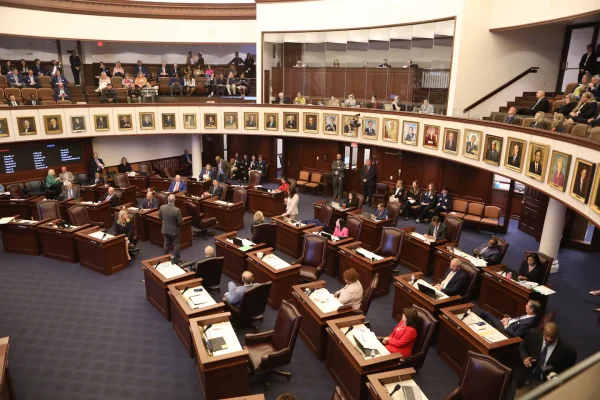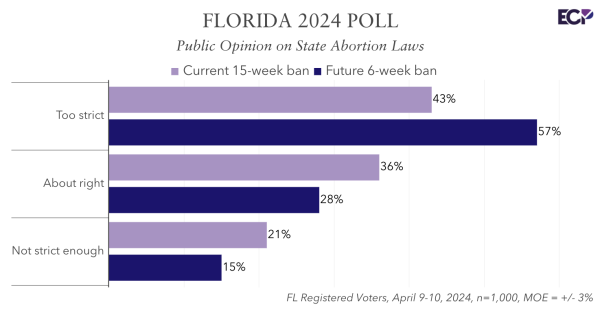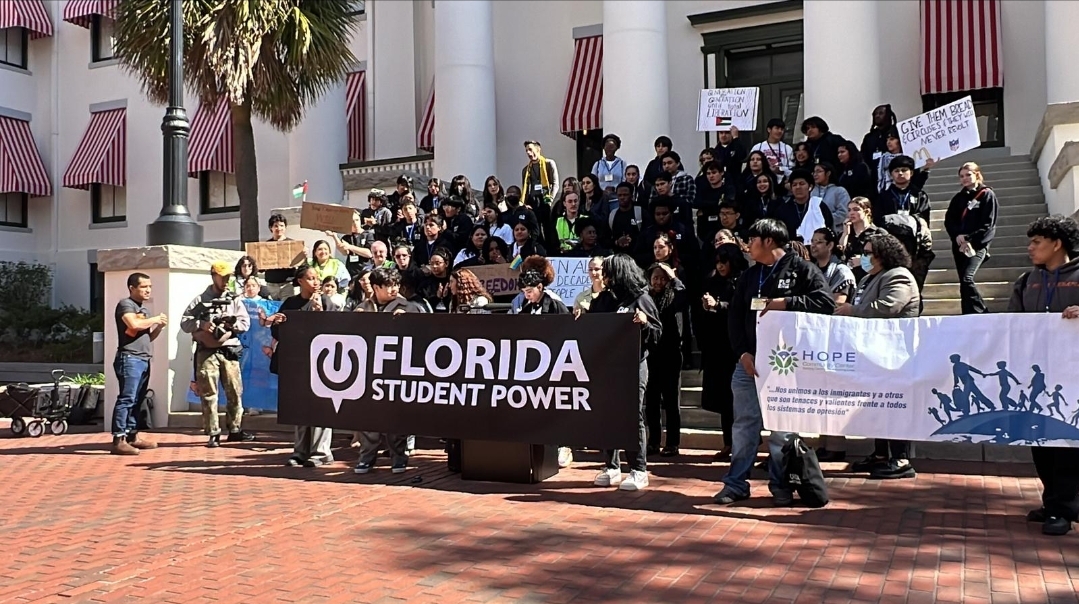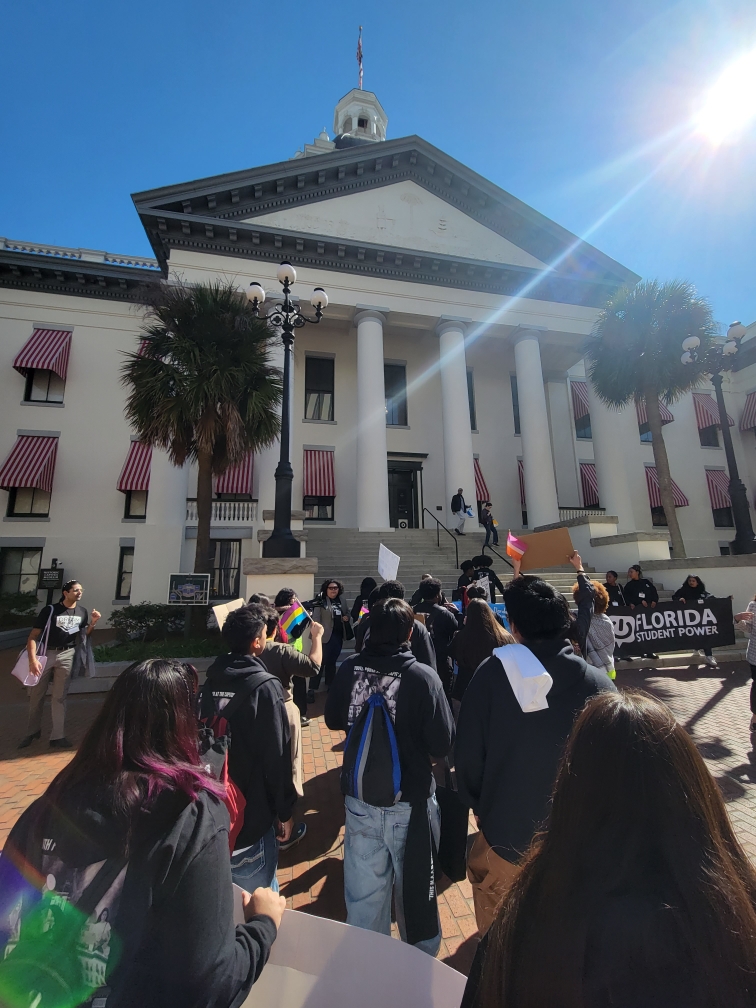In 1973, the United States Supreme Court made a landmark decision in the case of Roe v. Wade, which granted individuals the right to access safe and legal abortions. However, while the law allowed this right, it did not guarantee access. Recently, in June of 2022, the bill was overturned, which has created uncertainty regarding access to safe and legal abortions once again. This has led to states having to decide whether abortions should be accessible individually through their laws or constitutions.

The Supreme Court of Florida recently made a decision regarding a section of the state’s constitution that has resulted in the possibility of banning abortions after six weeks of pregnancy. The section in question relates to “privacy protection and states that every natural person has the right to be free from governmental intrusion into their private life.” The court concluded that this section does not protect abortion, allowing the state to ban the procedure after six weeks of pregnancy. This decision has sparked debate and differing opinions among people with varying beliefs.
On the one hand, supporters of the new law argue that the six-week ban is necessary to protect the life of the fetus, which they believe is deserving of protection. They also believe that the law will help discourage women from having abortions and promote a culture of preserving life. Additionally, some believe the new

law is consistent with the values of the state and its residents.
Some are against the new law, as they believe it infringes on women’s reproductive rights and freedom of choice. They argue that women should have the right to choose whether or not to continue a pregnancy and that the state should not interfere with this decision. They also point out that, according to NHS.uk, the embryo is only the size of a pea and is just starting to form a heart and limbs. Furthermore, some people are concerned that the law may lead to an increase in unsafe and illegal abortions, which could put women’s health at risk.
The new bill makes abortions after six weeks illegal but allows abortions in cases of rape, incest, and human trafficking, provided there is documentation, such as a police report or medical record, before the 15 weeks. The mother can also receive an abortion if her life is deemed severely at risk. Governor DeSantis has called the rape and incest provisions “sensible.” However, anyone who receives an illegal abortion may be penalized, and the doctor who performs the procedure may be charged with a felony and potentially have their license taken away.
This newly passed abortion bill is set to become one of the strictest laws in the United States. It has left many people feeling perplexed and concerned, with some describing it as “scary for all women.” There is a growing concern that Florida’s interest in abortions could be an infringement on women’s reproductive rights and freedom of choice. This is because Planned Parenthood reports that “one in four women undergo an abortion by the age of 45, and up to 85% of women believe that abortion should be legal.” However, it is also worth noting that many women in Florida still feel that their reproductive rights are not being upheld for various reasons. Some people believe that the new bill could be particularly alarming for individuals to realize that in certain situations where the mother’s life is at risk, doctors may refuse to perform an abortion due to the fear of being charged with a felony if the mother’s condition is not deemed critical enough. This allows situations where young children are forced to carry a child to term despite experiencing traumatic events.
On the other hand, some people argue that the sanctity of human life should always be upheld, and the cost of giving birth is a small price compared to the value of human life. Pro-life advocates believe that rather than promoting abortion, society should work towards creating a supportive environment for mothers and families, including access to affordable healthcare, childcare, and housing. This approach recognizes the inherent value of every human life and seeks to protect it at all costs, even if it requires personal sacrifice and inconvenience.
To conclude, the recent changes to the abortion law in Florida have elicited a range of opinions from individuals with differing beliefs. Supporters of the new law view it as necessary to protect the life of the fetus and promote a culture of life. On the other hand, opponents of the new law see it as a potential infringement on women’s reproductive rights and freedom of choice. It is essential to recognize the issue’s complexity and continue to have open and respectful discussions to find a solution that balances the rights of all parties involved.
If you would like to read the legislation for yourself to form your own perspective, click this link:
https://www.flsenate.gov/Session/Bill/2023/300/?Tab=BillHistory







